Build more safety strategies into your life with these practical tips
Being proactive is one of the best ways to protect yourself from risk and vulnerability in both the digital world online and the physical world at home. If you’re seeking practical tips for how to stay safe online and at home, read on.
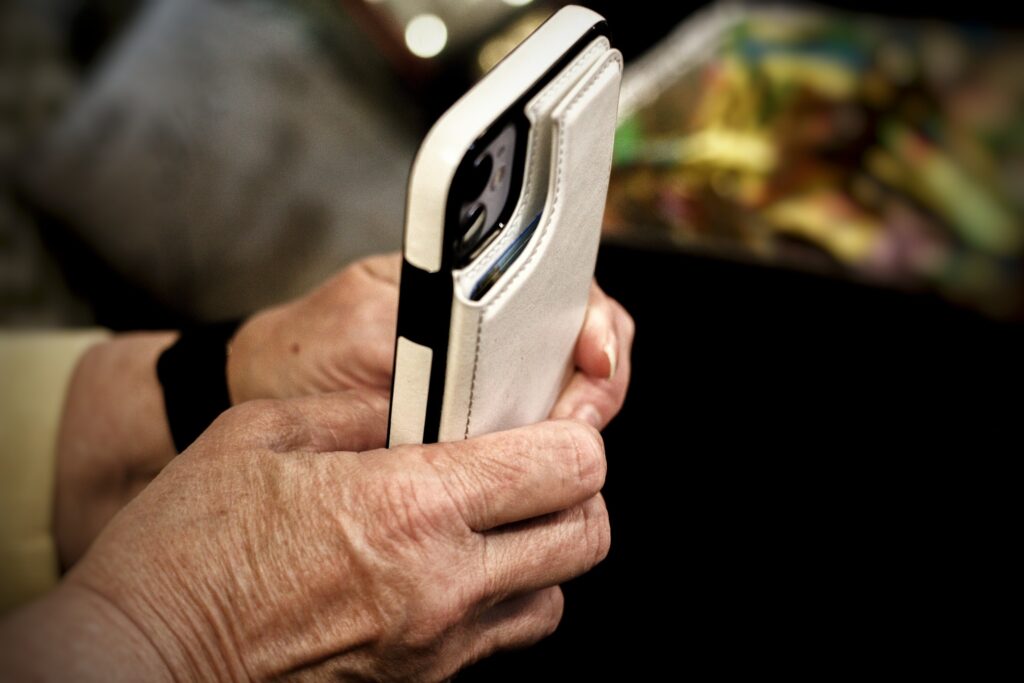
Feeling safe is a basic human need
When we think about safety, our minds go to physical safety. But, there is also a great need to keep ourselves digitally safe in the online world. The number of ways scammers can access our lives is constantly changing as technology advances. So, it’s a good idea to regularly check that you’re being proactive both online and at home.
In this article, we’ll walk you through some practical, low-cost and free things you can do. Use these suggestions to build more safety strategies into your everyday life.
How to stay safe online and at home: Part 1
Let's start by diving into things you can do to stay safe online.
You may think that scammers only prey on older adults and seniors, but you’d be wrong. Scammers target people of all ages and demographics, even kids. In fact, young people are falling victim to online scams at a higher rate than ever before, but older generations are losing the most money to them.
Have fun while being aware
Even if you only use a flip phone you can still be targeted, so read on to learn more about how to stay safe online.

Scammers know how to scam; it's their job. They will say things to gain your trust, scare you into action, and trick you. Don’t forget that you can always hang up and you’re under no obligation to respond to messages.
Phone scams
Always remember: Never give out personal information over the phone or internet to people or organizations you do not know.
- Feel free to ignore a call: You never have to answer a call or text. You’re under no obligation to speak with anyone. If you do answer and realize something isn't right, just hang up.
- Call back at a trusted number: If you receive a call from a bank, credit card provider, or other institution you actually do use, hang up and call them back using the number on your credit card or banking records. You can then ask the institution to verify that they need to speak with you.
- Beware of sharing: Do not give bank account information or identifying factors like social security number, routing and account numbers, or even date of birth and address to people you do not know or trust.
- The IRS isn’t calling: The IRS will not call you saying they have police on standby (and if you don't pay them thousands of dollars, you will be in trouble). Do not let these kinds of words make you panic. This is a very common scam. Hang up.
- It’s not your long lost uncle: Scammers pretending to be a family member in need or a long lost relative is one of the oldest tricks in the scamming book. Do not give your banking information. Do not send money.
- Beware of texts: Phone scams won't just come in the form of calls. Now, they also arrive as texts! If you get a suspicious text, do not click on any links or reply.
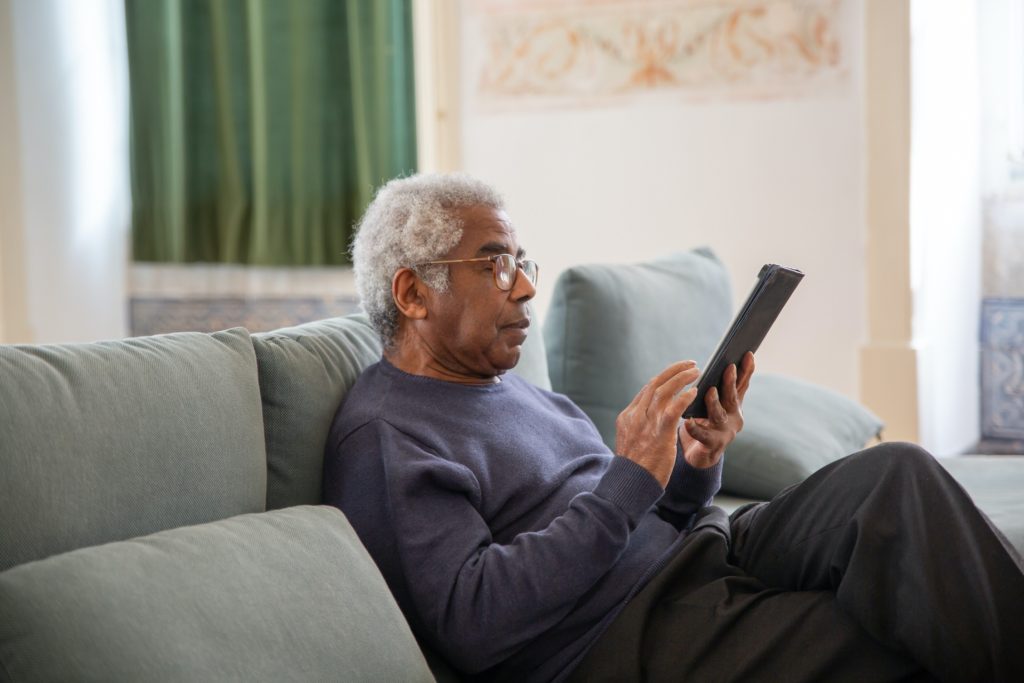
Online scams
- Email scams: Opening an email itself, as of now, will not cause a breach of your information. However, if you click any links in the email it can expose you to being scammed. Thankfully, a lot of scam emails will be automatically sent to your spam inbox by your email provider. Just don’t click links unless you’re confident they are safe.
- Wire transfers: This type of scam is common because the funds are almost impossible to trace. Scammers route funds via countries where there is no way for the victim to recover the lost money. The easiest way to avoid this kind of scam is to never send money to someone you do not personally know.
- Fake payments: Some scammers will say they overpaid you (even on a payment you may actually be owed by someone). After sending a fraudulent check or electronic payment, the scammers tells you they “accidentally” overpaid and asks for you to send the overpayment back. The check you received ends up fake (you don't get the money) and they pocket the “overpayment” you sent back.
- Not your lucky day: Think of “winnings” like prizes, lotteries or sweepstakes with caution. If you receive a notice that you have won something you weren't trying to win, ignore it. Scammers want to get your bank information by asking how you would like your payout.
Credit card fraud
Do you check your credit and debit card statements regularly? Here are three reasons to make it a habit:
- Credit card scams are very common. From lost or stolen cards, to technology that steals card numbers, scammers target all users of all types of cards.
- Online purchases can open up your information to more scammers. While convenient, it can leave your credit or debit card susceptible to fraud.
- CNP or “card not present” fraud is increasingly common. This is unauthorized use of a payment card when the cardholder is not present at the time of the transaction. The global pandemic has increased this kind of fraud, big time.
How does this all add up? It’s a reminder to check your credit card, debit, and banking statements regularly.
Be sure to check every month for suspicious charges and report them immediately. And, remember that the Fair Credit Billing Act (FCBA) protects you and limits your liability to $50 on unauthorized charges. But, you have to report it first.
Romance scams
Humans have an innate need to love and be loved. Personal connection is vital for our mental health and really our existence. Meeting people online is a wonderful way to make new connections.
Online dating is popular among all age groups, especially older adults and seniors. But, despite the large number of successful romantic connections happening every day, there are also scams happening every day. For example, more than 25,000 romance scams were reported in 2020 and victims lost a mind-blowing, and heartbreaking, $304 million.
When you’re making a new romantic connection, it’s easy to forget about online safety. So, we’ve put together a short checklist to follow if, and when, Cupid strikes:
- Use a trusted site or app. Ask friends for recommendations and read online reviews.
- Don’t share your exact location on the app or with a person you have just met online. It's OK to share your region or metro area, such as Chicagoland.
- Beware of catfishing. This term means the person you are talking to is not who they claim to be.
- Use video chat to help verify someone is who they say they are.
- Make sure your password is something the app deems secure. Change it as needed.
- Don’t use dating sites on unprotected networks, like public Wi-Fi.
- Meet in a location where there are plenty of people around, like a coffee shop.
- Use your own transportation.
- Tell a friend if you're meeting someone new in-person. Check in with your friend during the date so someone knows you're safe and where you are.
- Always trust your instincts. If something feels off, then it's time to end the date, messaging, calls or texting.
- Remember, do not send money to people you do not know.
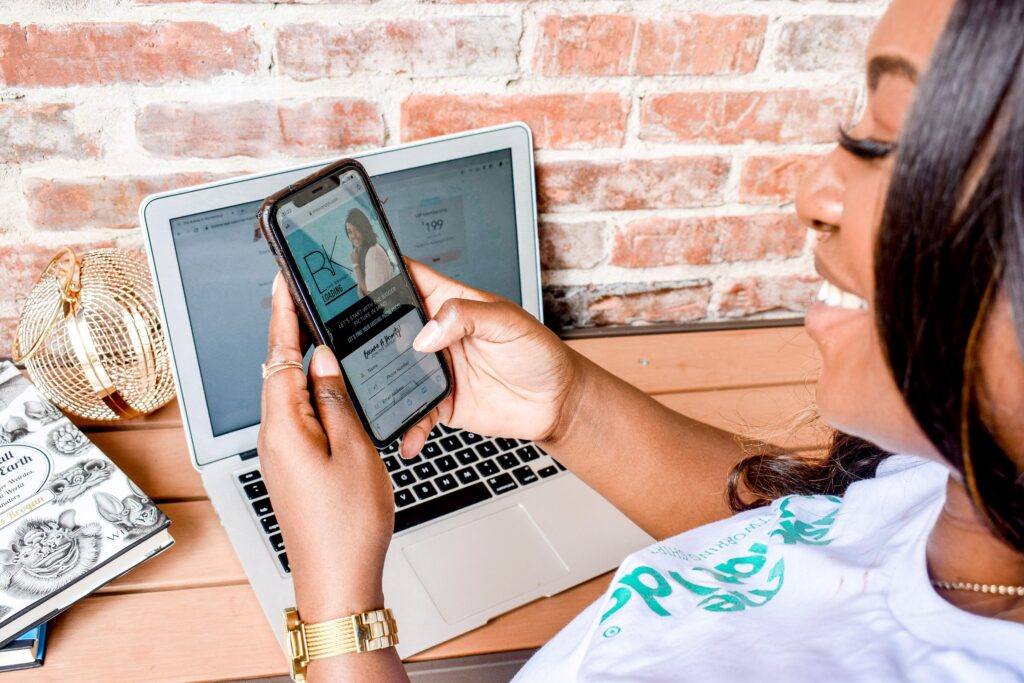
How to stay safe online and at home: Part 2
Next, let’s look at proactive steps we can all take to be safer at home and in the community.
While some things on our list may seem like “no brainers,” it’s easy to forget about the little things. However, taking the time to make these adjustments could make a big difference in the long run.
At home
- House number: Make sure your house number is visible for any emergency services trying to find you. The house number should be easily visible from the road or street in front of the property. If your house is far from the road, put a number sign at the end of the driveway.
- Falling hazards: Check your floors for clutter or other tripping hazards, like extension cords. Check around the entrance for seasonal hazards such as forgotten shovels or rakes.
- Locked doors and windows: This is one of the easiest ways to help prevent break-ins when you go out and also at night. You can even set yourself a reminder to do this before bed.
- Lawn and sidewalk maintenance: Keeping the ground around your home in good condition, through every season, will help ensure there are safe walking areas and lessen the chance of accidents.
- Good exterior lighting: This makes it safer for yourself and guests, and also deters prowlers. If you need help changing light bulbs, check to see if you have Papa as a benefit with your health plan. Papa Pal companion caregivers can help with house tasks like replacing light bulbs and smoke detector batteries.
- Fire hazards: Click here for a list of home fire hazards.
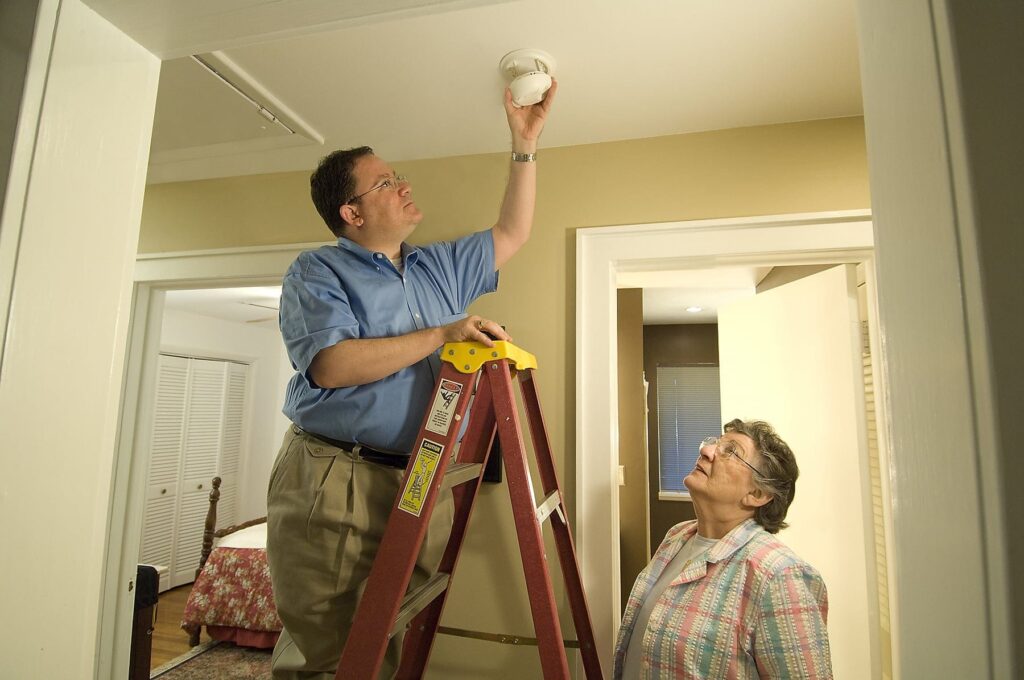
Be prepared
- First Aid Kit: Keep a first aid kit, must-have medications, and other safety items where anyone can find them. The Red Cross has good recommendations to build your own kit.
- Natural Disaster Kit: Create a natural disaster kit. You can fill it with things like water, non-perishable food, an extra pair of glasses, medicines, etc. Here is what the Red Cross suggests you have in a survival kit.
- List of emergency numbers: Make a list of phone numbers you may need in an emergency, as well as contact numbers of friends and family. It will help you to quickly get the help you need, and also help others to notify your loved ones if you need help.
Also, don’t forget about your neighbors. Be sure to ask a neighbor to keep an eye on your place if you're leaving the house for a longer than normal time.
Lastly, if you get postal mail, protect yourself from mail theft. Pick up your mail daily and get a locking mailbox if you don’t have one. This prevents thieves from stealing sensitive documents, new credit cards, and other information.
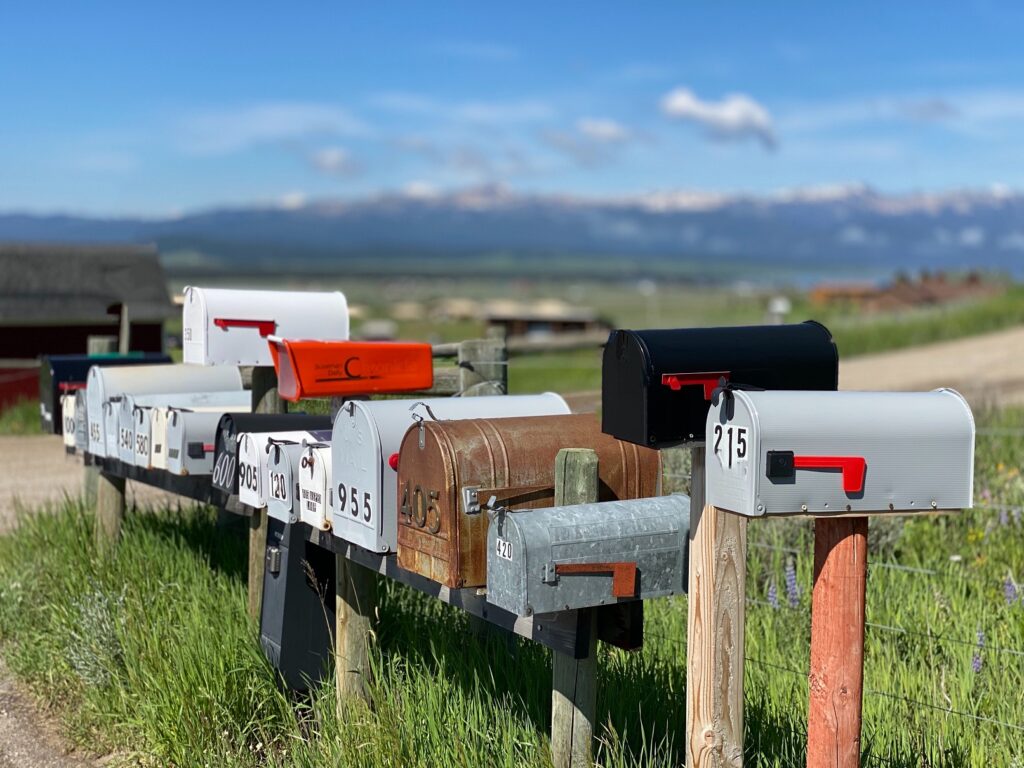
In the car
- Keep up with routine maintenance: Don’t ignore the check engine light!
- Fill the tank: Make sure you have plenty of gas before getting on the road.
- Bring your phone: Make sure your phone is fully charged.
- Check your paperwork: Check and make sure you have all your paperwork, like registration and insurance.
- Bring it with you when parking: Do not leave items like money, checks, bank cards, or keys inside your car.
- Prepare for the unexpected: Make sure you have a car roadside kit and a first aid kit in the car.
- Tell a friend: Tell a friend if you’re going on a longer drive or better yet, invite them along! Take the “Golden Girls'' approach and go in a group.
- Use public transit, if available: The bus, subway or light rail could be the best option for your trip. Often, public transit is cheaper and faster.
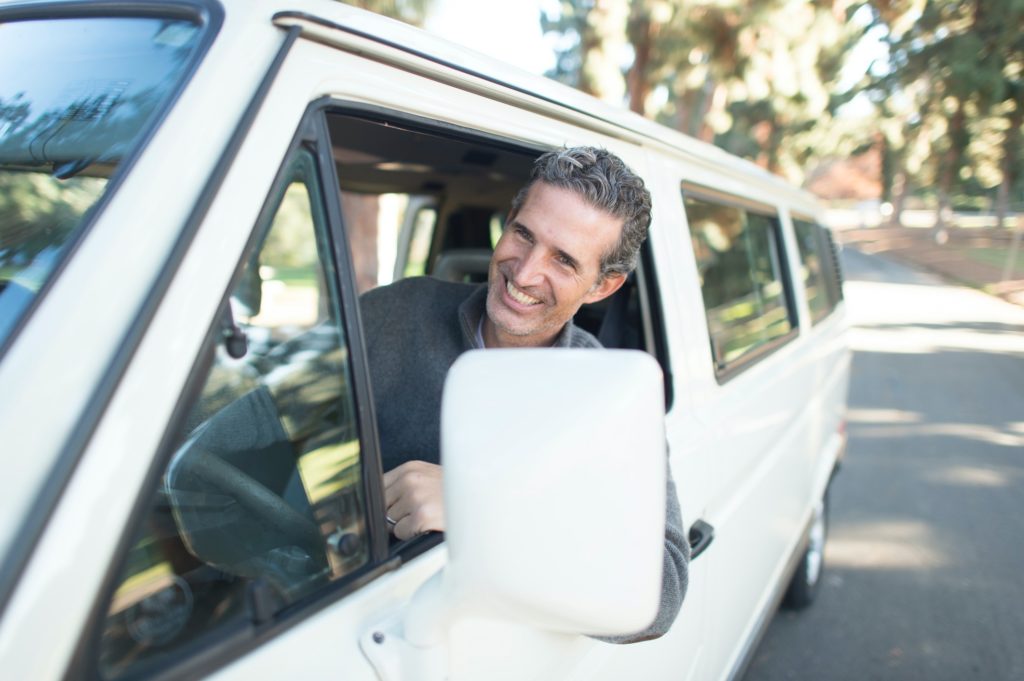
Ask a friend or trusted professional
When feeling concerned, ask for help from trusted friends or community members, and don't hesitate to go into you bank. If you receive a letter, email or text, take it with you to the physical office and ask them to confirm they sent it. You can avoid some of scamming pitfalls by asking.
If you're wondering how to stay safe online and at home, ask someone you trust.
Don’t be embarrassed or afraid to ask others for help. This is why we build a community around us.
Papa Pal companion caregivers are here to help
Did you know that Papa Pals can help with many of these tasks?
Papa Pal companion caregivers help older adults, seniors, and families in communities across the country. For example, they can help with house tasks like replacing light bulb and smoke detector batteries. Plus, they can also teach basic technology, including how to safely use smartphones, email, apps and more. And, Papa Pals provide car rides and transportation assistance, including rides to the bank.
Papa Pals are kind, friendly, and reliable people who work part-time, occasional hours. Papa Pals are motivated to make a difference in the lives of others. Click here to learn more about working as a Papa Pal.

